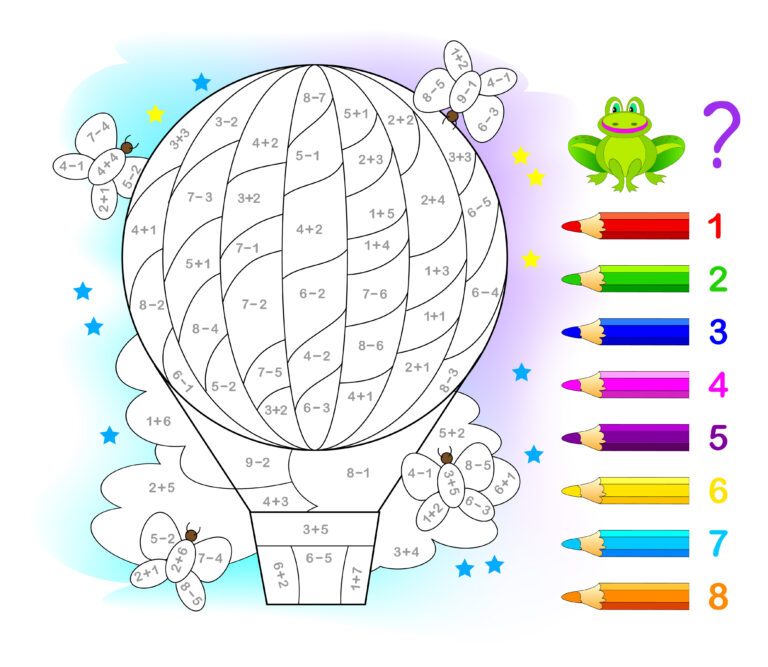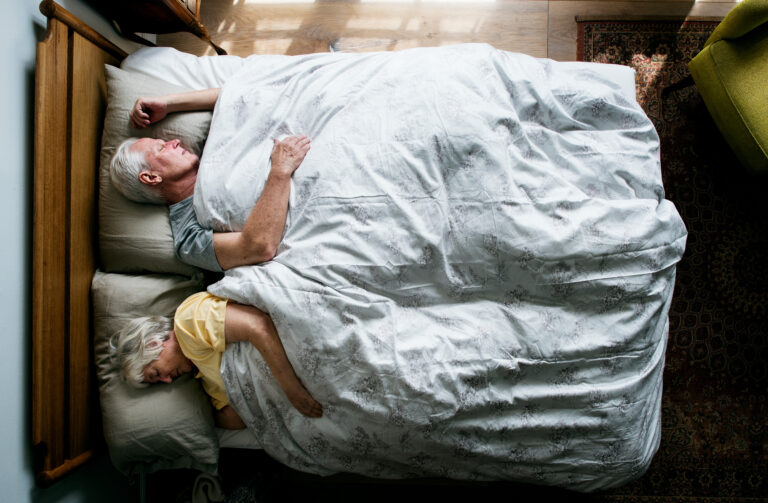Radiation can both cause and treat thyroid cancer because of the unique way thyroid cells interact with radioactive substances and how radiation affects DNA. The thyroid gland naturally absorbs iodine from the bloodstream to produce thyroid hormones. This iodine uptake ability makes the thyroid particularly sensitive to radioactive iodine and other forms of ionizing radiation.
When the thyroid is exposed to ionizing radiation, such as from nuclear accidents, medical imaging, or radiation therapy, the radiation can damage the DNA inside thyroid cells. This damage can cause mutations that disrupt normal cell growth and division, potentially leading to thyroid cancer. For example, radiation exposure increases the frequency of certain genetic changes like small deletions and gene rearrangements (such as RET rearrangements), which are linked to the development of papillary thyroid cancer, the most common thyroid cancer type. Children’s thyroid cells are especially vulnerable because they have less efficient DNA repair mechanisms, making radiation-induced mutations more likely to cause cancer in younger individuals.
On the other hand, the thyroid’s natural iodine uptake mechanism is exploited in treating thyroid cancer, particularly differentiated thyroid cancer. Radioactive iodine (most commonly iodine-131) is administered to patients because thyroid cancer cells, like normal thyroid cells, absorb iodine. The radioactive iodine emits beta radiation that selectively destroys thyroid cancer cells by damaging their DNA, leading to cell death. This targeted approach minimizes damage to other tissues and is effective in eliminating residual thyroid cancer cells after surgery or treating metastatic disease.
The dual role of radiation arises because the same process—iodine uptake and DNA interaction—can either initiate cancer if the DNA damage leads to harmful mutations or kill cancer cells if the radiation dose is sufficient to cause lethal DNA damage. The difference lies in the dose, timing, and context of radiation exposure:
– **Low to moderate doses** of ionizing radiation, especially during childhood, can cause DNA mutations that accumulate and eventually lead to cancer development years later.
– **High doses** of radioactive iodine used therapeutically are designed to deliver lethal radiation specifically to thyroid cancer cells, destroying them while sparing most other tissues.
Additionally, the molecular characteristics of radiation-induced thyroid cancers differ somewhat from sporadic cases, with radiation-induced tumors showing distinct genetic alterations that reflect the type of DNA damage caused by radiation. Some mutations, like RET gene rearrangements, are more common in radiation-induced cancers and are associated with more aggressive disease.
In summary, radiation causes thyroid cancer by inducing DNA mutations in thyroid cells through exposure to ionizing radiation, especially in vulnerable populations like children. Conversely, radiation treats thyroid cancer by using radioactive iodine to selectively deliver lethal radiation doses to cancer cells that absorb iodine, destroying them while limiting harm to the rest of the body. This paradox is rooted in the thyroid’s unique biology and the dose-dependent effects of radiation on DNA.





